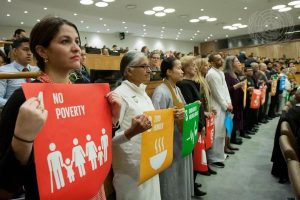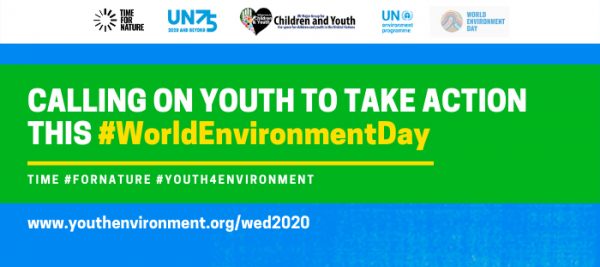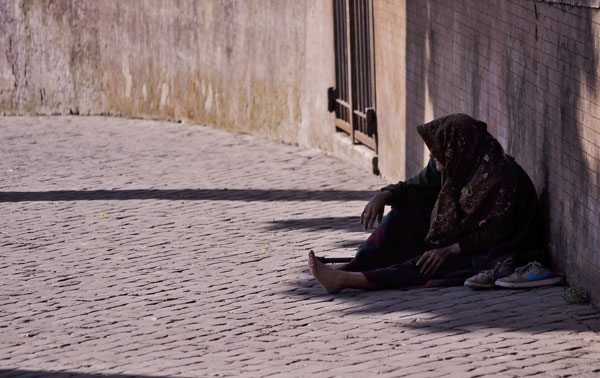UNESCO education report advises ban on smartphones in schools

UNESCO education report advises ban on smartphones in schools
A new UN report raised concerns on Wednesday about the excessive use of smartphones, calling for them to be banned in schools worldwide. According to the UN’s education, science and culture agency UNESCO, the over-use of mobile phones impacts learning. UNESCO’s report on technology in education urges countries to carefully consider how technology is used in schools.
It emphasises the need for a “human-centered vision” where digital technology serves as a tool rather than taking precedence.
Speaking to UN News, UNESCO’s Manos Antoninis also warned of the danger of data leaks in educational tech, as only 16 per cent of countries guarantee data privacy in the classroom, by law.
Read More…






 Build resilient, promote sustainable industrialization and foster innovation
Build resilient, promote sustainable industrialization and foster innovation United Nations Sustainable Development Goals: 17 Goals to transform our world
United Nations Sustainable Development Goals: 17 Goals to transform our world Third Review and Appraisal of the Madrid International Plan of Action on Ageing
Third Review and Appraisal of the Madrid International Plan of Action on Ageing